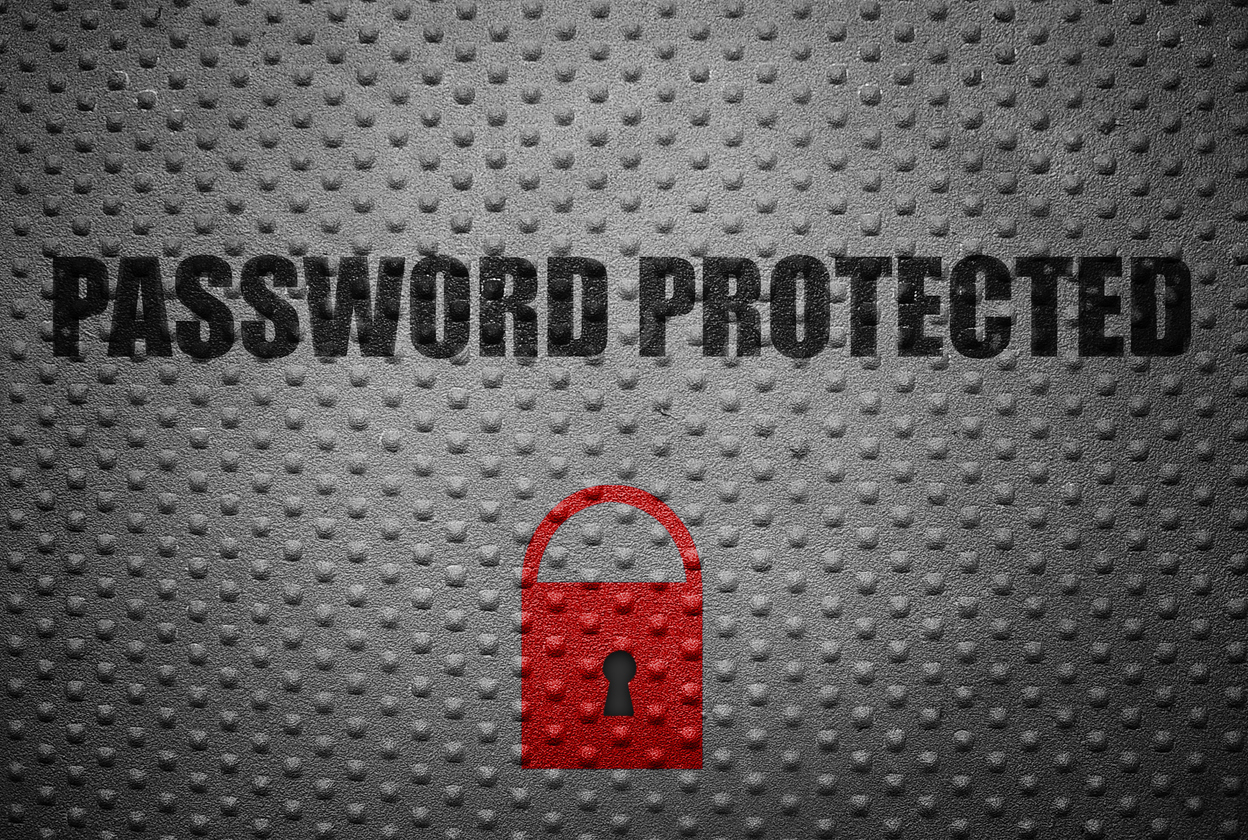
05 Sep How to Keep Your Business Secure with Strong Passwords
When you’re busy at work, security is often the last thing on your mind. Passwords can seem to be a nuisance – a barrier that prevents you from accessing your data and documents quickly and getting the job done.
For this reason, many people don’t take security seriously enough. A survey of UK businesses showed 47% people use the same 2-3 passwords in rotation.
If this is happening in your business, you could be leaving yourself and your business data vulnerable. Without systems that promote strong passwords it’s impossible to keep confidential customer details and sensitive business information secure. It also makes it much harder to protect your business systems, such as your website, from external interference.
7 Tips for Secure Business Passwords
1. Use Biometric Tech. The best way to ensure your staff is using secure passwords is to make it easy for them. Biometric tech such as facial recognition and fingerprint readers are quick and easy to use, so adopt them wherever possible.
2. Adopt a company-wide password policy. For example, you could decide all passwords have to be 12 characters long and contain both lowercase and uppercase letters plus a number. You can use websites such as How Secure Is My Password? and The Password Meter to test the strength of your password.
See related: The Importance of a Strong Password… and How to Create One
3. Use password management systems. Forcing employees to remember complicated passwords isn’t only unpopular, it’s also inefficient as the more complicated the password, the more likely it is to get written down or stored on an unsecured list. Password management systems such as Lastpass, Dashlane, and KeePass might help as they have built-in password generators and enable users to store their passwords securely.
4. Change passwords frequently. Depending on your business this could be anywhere between monthly to yearly. It’s essential passwords are changed when employees leave.
5. Outlaw unencrypted password lists. How many people have a list of passwords on their phone? Imagine how devastating it could be for your business if this list fell into the wrong hands.
6. Use different passwords for home and business. Personal passwords are more likely to be written down or stored on an unencrypted list. Ensuring your employees use different passwords for home and work can help keep your business data more secure.
7. Nominate a security expert. Having one person responsible for the security of your systems, including passwords, makes it easier for policies to be enforced and regularly updated, and for questions to be answered.
The security of your systems is essential both in order to meet legal requirements and ensure your business runs smoothly. Making it as easy as possible for your employees to use strong passwords will go a long way towards protecting your business systems. While some of the best security measures such as biometric tech may have a cost implication, the potential cost of leaving your systems vulnerable to external threat could be much more.
If you need advice about implementing security for your business systems, contact us for further information.


Sorry, the comment form is closed at this time.